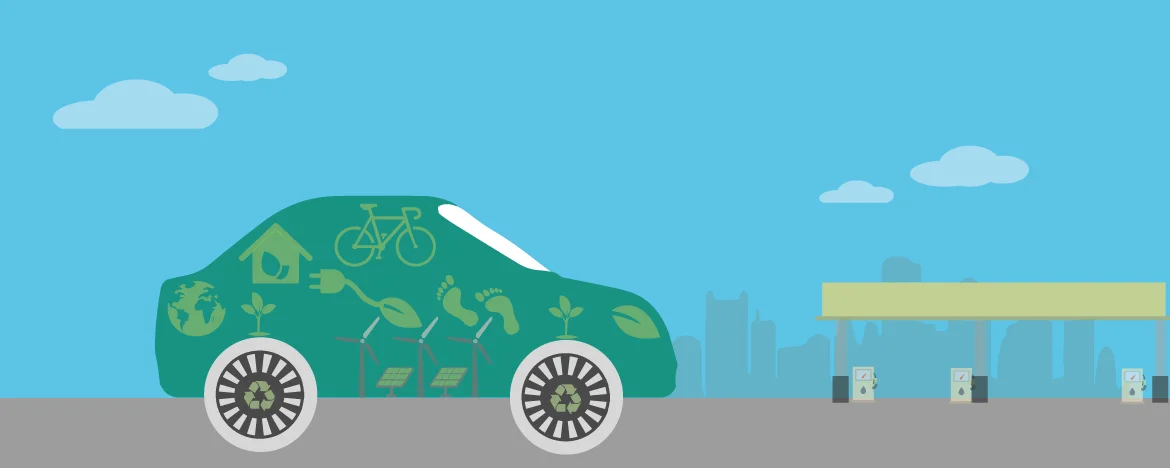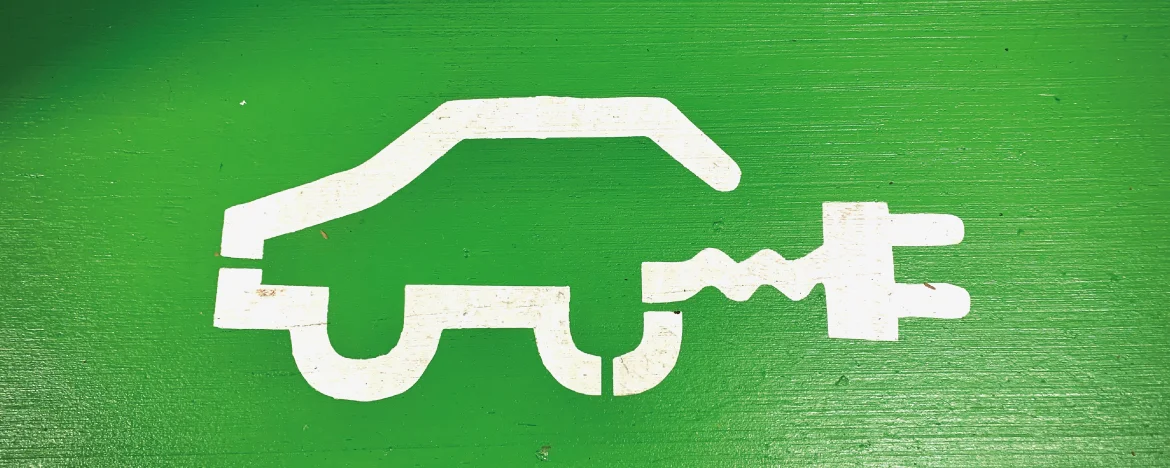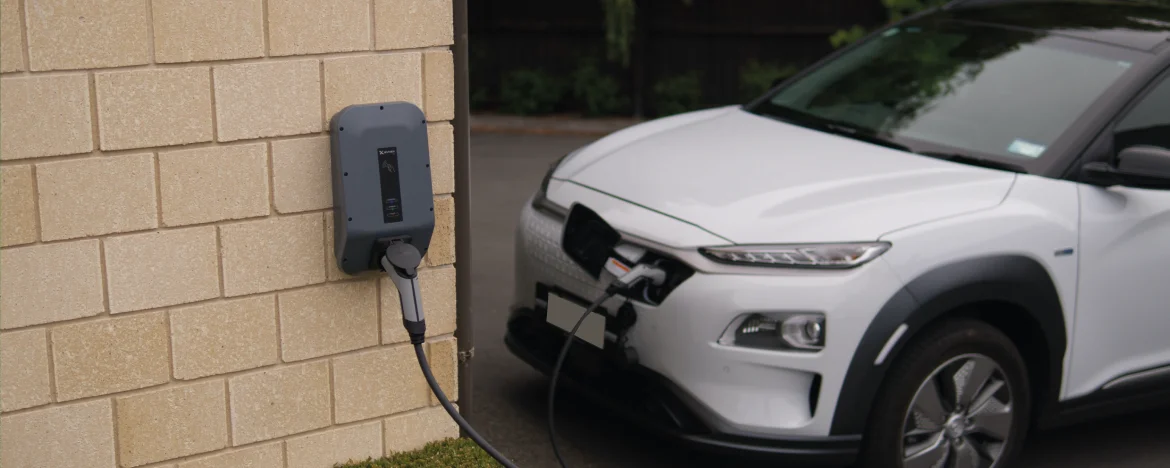Studies show Brits are happy to go green by 2030
A study from YouGov has shown that the majority of the British public are ready to back the Government's plans to ban the sale of petrol and diesel vehicles by 2030.
The Prime Minister, Boris Johnson, has previously announced plans for a 2030 ban following the rise of electric cars and the growing desire for everyone to drive more economically. The plans had previously been set to come into place in 2040.
Writing in the Financial Times, Boris Johnson said: “We’ll invest more than £2.8bn in electric vehicles, lacing the land with charging points and creating long-lasting batteries in UK gigafactories. This will allow us to end the sale of new petrol and diesel cars and vans in 2030. However, we will allow the sale of hybrid cars and vans that can drive a significant distance with no carbon coming out of the tailpipe until 2035.”







